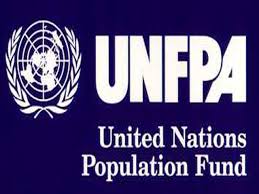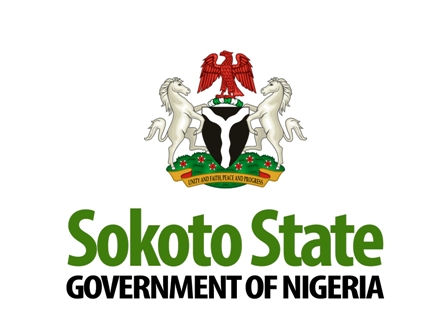The UN Population Fund (UNFPA) and UN Children’s Fund (UNICEF)
unveiled a joint health project to enhance reproductive health and reduce mortality rates in three states.
By Habibu Harisu
The UN Population Fund (UNFPA) and UN Children’s Fund (UNICEF)
unveiled a joint health project to enhance reproductive health and reduce mortality rates in three states.
The News Agency of Nigeria (NAN) reports that the project, tagged “Strengthening Access to Reproductive and Adolescence
Health (SARAH) in Nigeria” is funded by the European Union (EU)
.
The multi-sectoral programme focuses on reproductive, maternal, neonatal and child health, along with issues around adolescent health
and wellness in the three Northern states of Adamawa, Kwara and Sokoto.
Speaking during the two-day project inception workshop on Monday, Sokoto State Commissioner for Health, Hajiya Asabe Balarabe,
described the project as a landmark effort toward achieving Universal Health Coverage (UHC).
Balarabe said that the four-year programme was to showcase good implementation strategy, alongside its sustainability as partners
would provide technical support to strengthen the capacity of the instructors to deliver.
The UNFPA Programme Officer, Ms Gloria Enuaze, said that the project was to contribute to sustainable demographic transition and
assist toward achieving UHC.
Enuaze explained that the project was designed to support gender and adolescent-responsive integrated sexual, reproductive, maternal and child health.
She said it would also strengthen policy coherence and improve accountability frameworks through effective policies at federal and state levels.
“The project will strengthen national and subnational institutional capacities for evidence-based policy, planning, financing, implementation
and monitoring of gender and adolescent responsive healthcare services.
“It includes Primary Healthcare Centres (PHCs) and Reproductive, Maternal, Newborn, Child and Adolescent Health + Nutrition (RMNCAH+N) services.
“Another segment is Gender-Based Violence (GBV), to ensure equitable access to and use of quality integrated and gender, as well as adolescent responsive
high impact services,” Enuaze said.
In her presentation, Dr Shamina Sharmin, the Chief of Health, UNICEF Sokoto Field Office, said the project is a multifaceted and multi-sectoral approach
that comprised lineup ministries and departments as active players to improve the capacity of healthcare givers and equipment.
Sharmin said the efforts would tackle low performing indicators on antenatal care, skilled birth attendants’ service during child delivery, psychosocial care,
adolescent pregnancy and healthcare, among others.
“The target is to facilitate comprehensive healthcare that will reverse the low indicators with optimum performance across the state, ” she said.
In her address, the Executive Secretary of Sokoto State Primary Healthcare Development Agency (SSPHCDA), Dr Larai Tambuwal, said the statistics
on maternal and child mortality rates in Sokoto State was not encouraging as is ” in wanton situation”
Tambuwal expressed optimism that the project would surely fill garbs and argument government efforts on healthcare delivery in recognition of
the investment made by EU, UNICEF and UNFPA in the state.
She said the effort included adolescent persons health, a group that are in critical stage of healthcare need beside maternal, neonatal and child
health in the programme.
“Sokoto state have not reach optimal stage in healthcare, only 34 per cent of women in labor access skill birth attendant services, many
women died due to complications during delivery.
“We are recording still births, VVF cases while many children died before 28 days in life.”
According to her, the project encompasses adolescent persons from 10 to 19 years which will assist in solving their challenges.
She explained that health sector is among the nine points agenda of the present administration in Sokoto State with priority to
maternal and child healthcare.
She added that previously there was no budget line for reproductive health in the state annual budgets, however, present administration
ensured it was roughly captured in 2024 budget and implementation strategies. (NAN)




